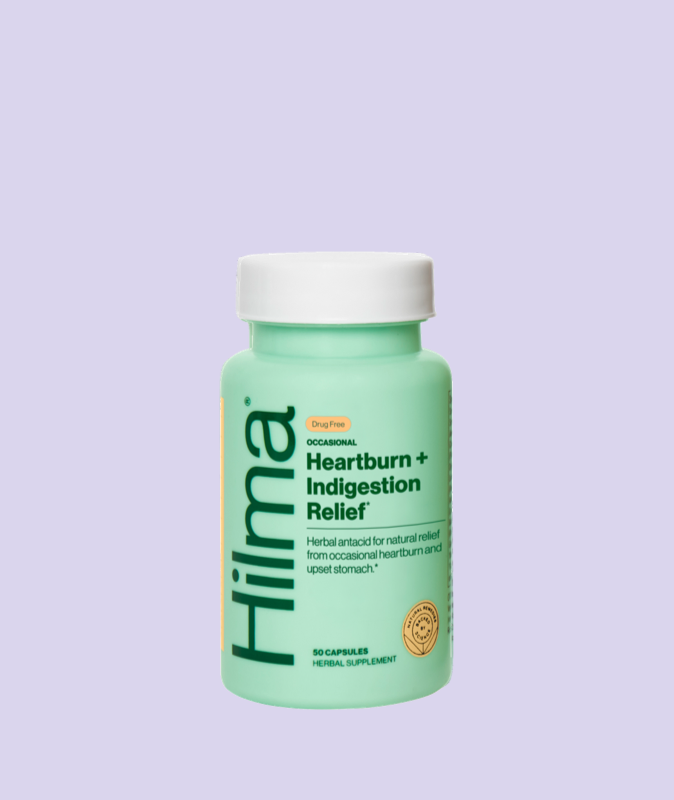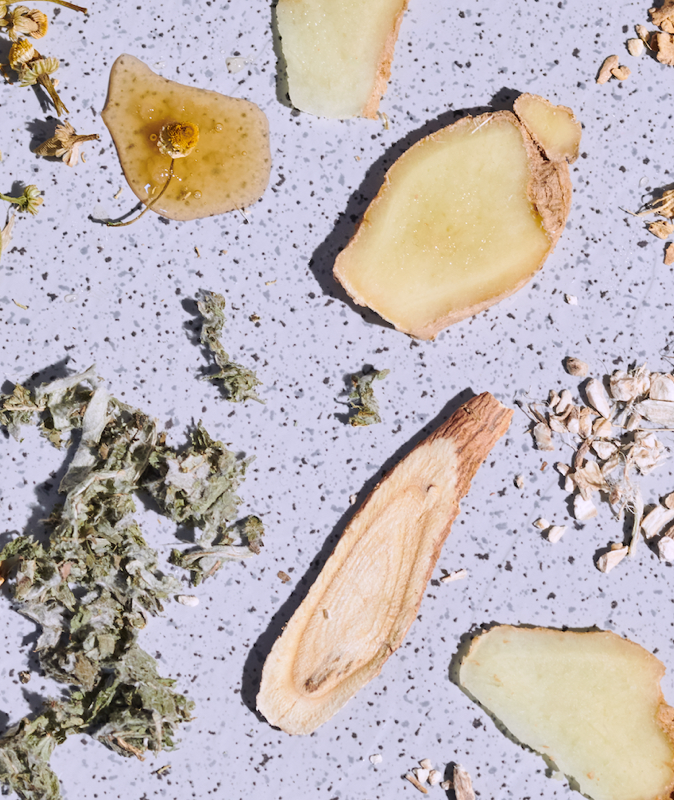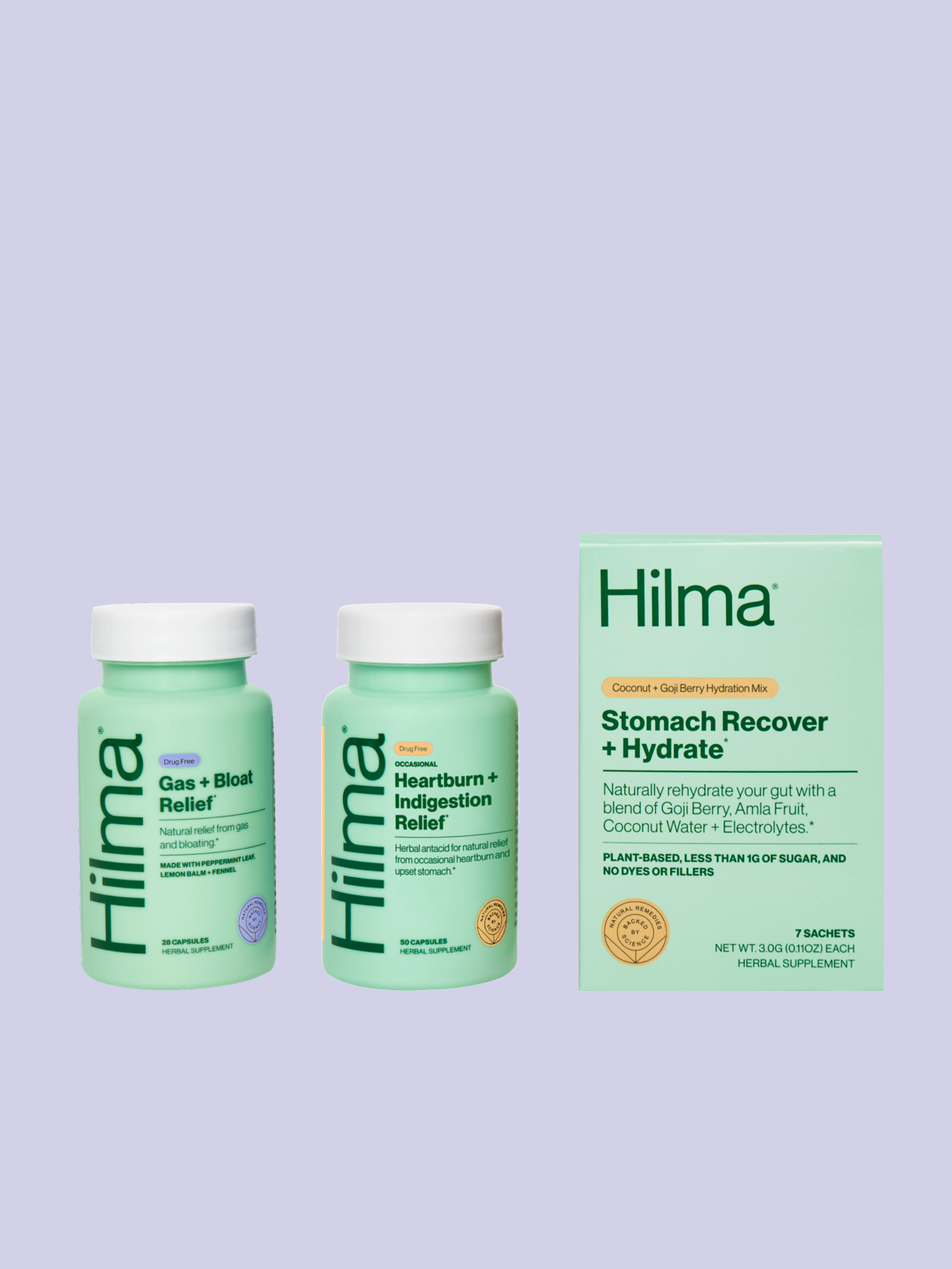
Whenever I go home to my parent’s house there is a big jug of ginger water in the fridge that my mom makes. Weekly, she boils fresh ginger root, chills it, and drinks it throughout the week. One of the first things I do when I walk in the door is pour myself a big glass and gulp it down1.
Anytime my husband or I have an upset stomach, feel something coming on, or just generally want a comforting touch — I go through the same motions as my mom, making fresh ginger tea.
I know I am not alone in my love for this root. Ginger tastes delicious, and has an amazing ability to soothe our stomachs and boost our energy with that spicy, warming taste. So what is behind this medicinal plant and why do we all love and know it so well today?
The History
It comes as no surprise that ginger has been used for thousands of years for the treatment of numerous ailments, such as colds, nausea, arthritis, migraines, and hypertension.
Ginger has historical evidence of existing over 3,000 years ago and its name is traced to the Sanskrit word srngaveram, meaning "horn root," based on its knob and horn-like appearance. Ginger is a member of a plant family that includes other household favorites, cardamom and turmeric. Its spicy quality is due to the presence of ketones (gingerols).
The Science & Benefits
The most frequent use of ginger is for symptoms of upset stomach, occasional acid reflux and heartburn, general nausea and vomiting. Several controlled studies have reported that ginger is effective as an antiemetic — meaning it alleviates nausea.
Ginger is an effective antiemetic because of its carminative effect. Carminative is the scientific term for relieving gas, so ginger essentially helps to break up and expel intestinal gas. Gingesulfonic acid, which is isolated from ginger root, has also proven to be effective against HCl/ethanol-induced gastric lesions.
Finally, Ginger has been recommended as an expectorant (clearing mucus and often used to relieve coughs) and it is traditionally used in teas or soups to treat colds or bronchitis. When mixed with hot or cold water, it can exhibit its anti-inflammatory properties as well and help soothe your coughing and general inflammation.
So keep enjoying your ginger teas, tinctures, and powders and know that its benefits are backed up by a long tradition of use, and scientific evidence.
This information is for educational purposes only and should not be taken as medical advice. Please consult a physician before treating any disorder.




